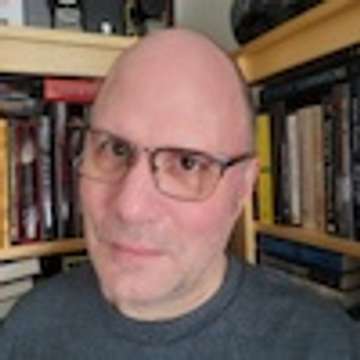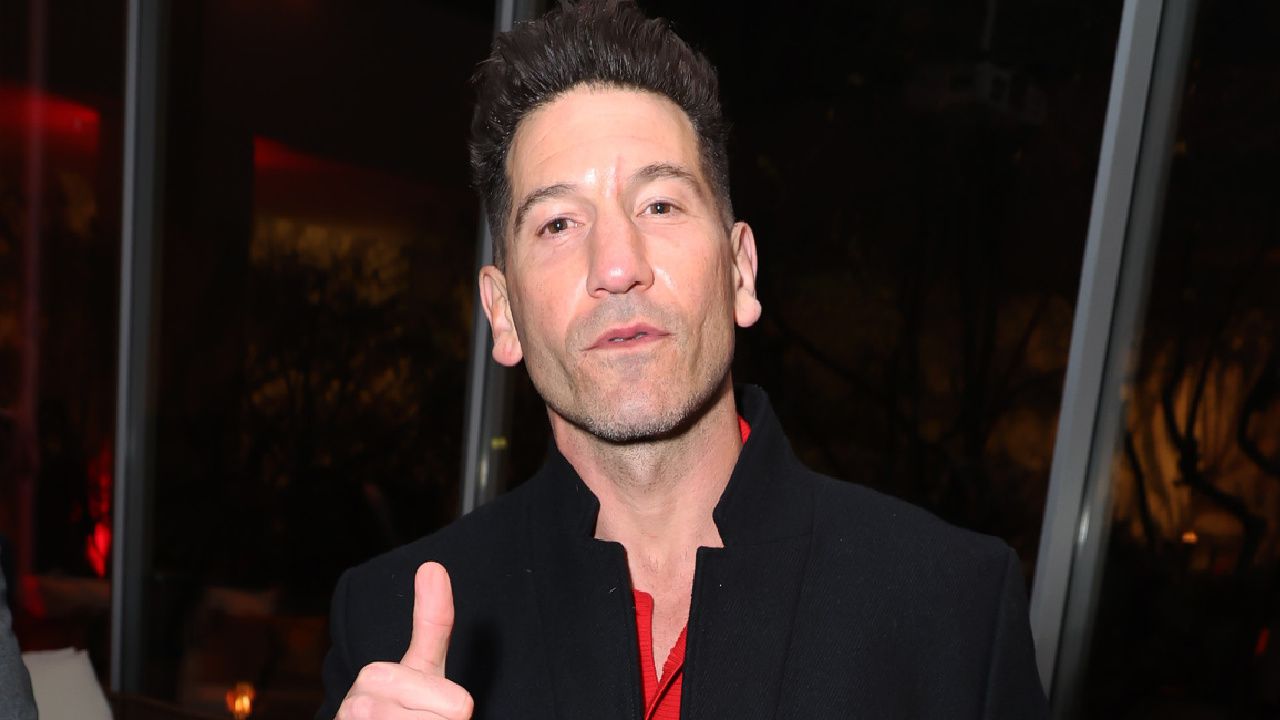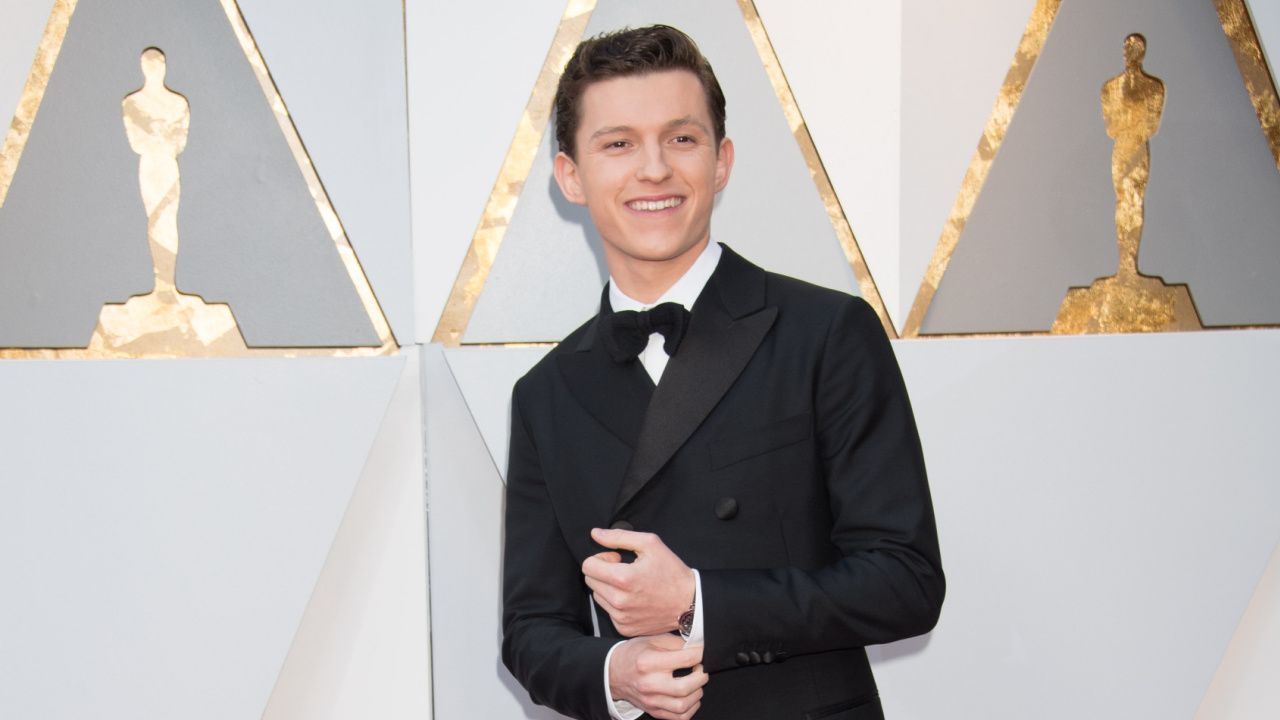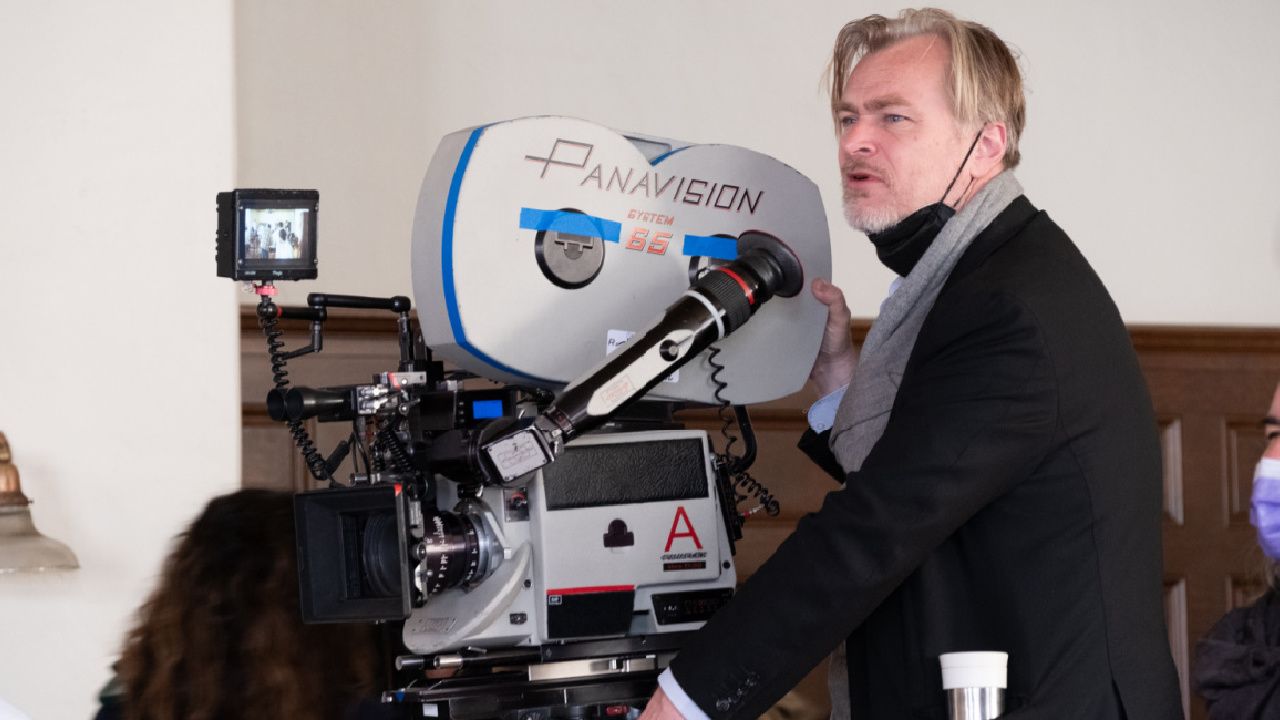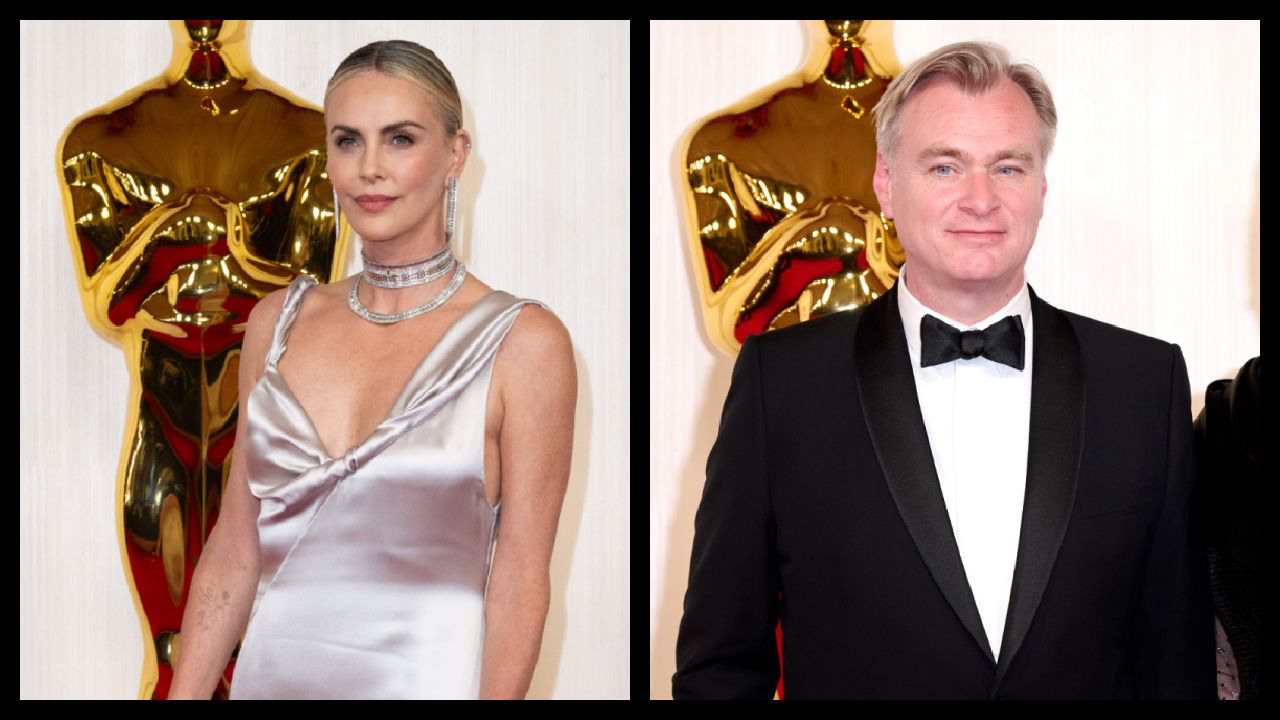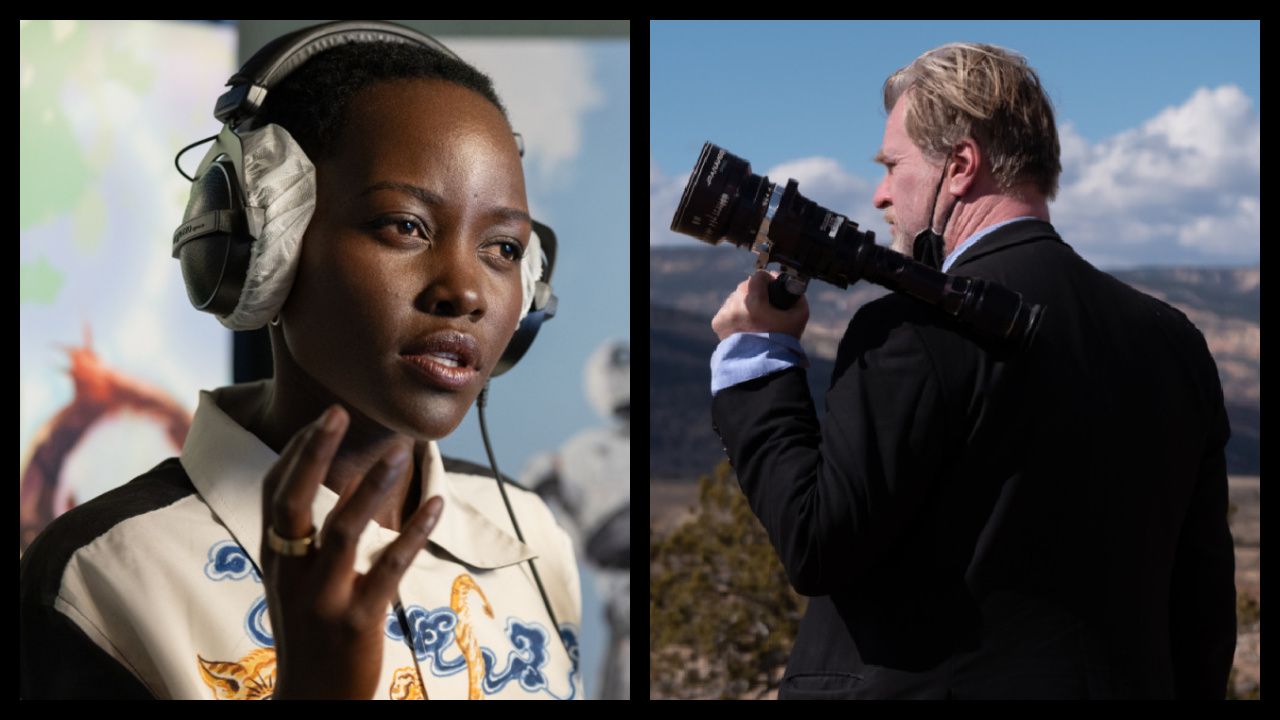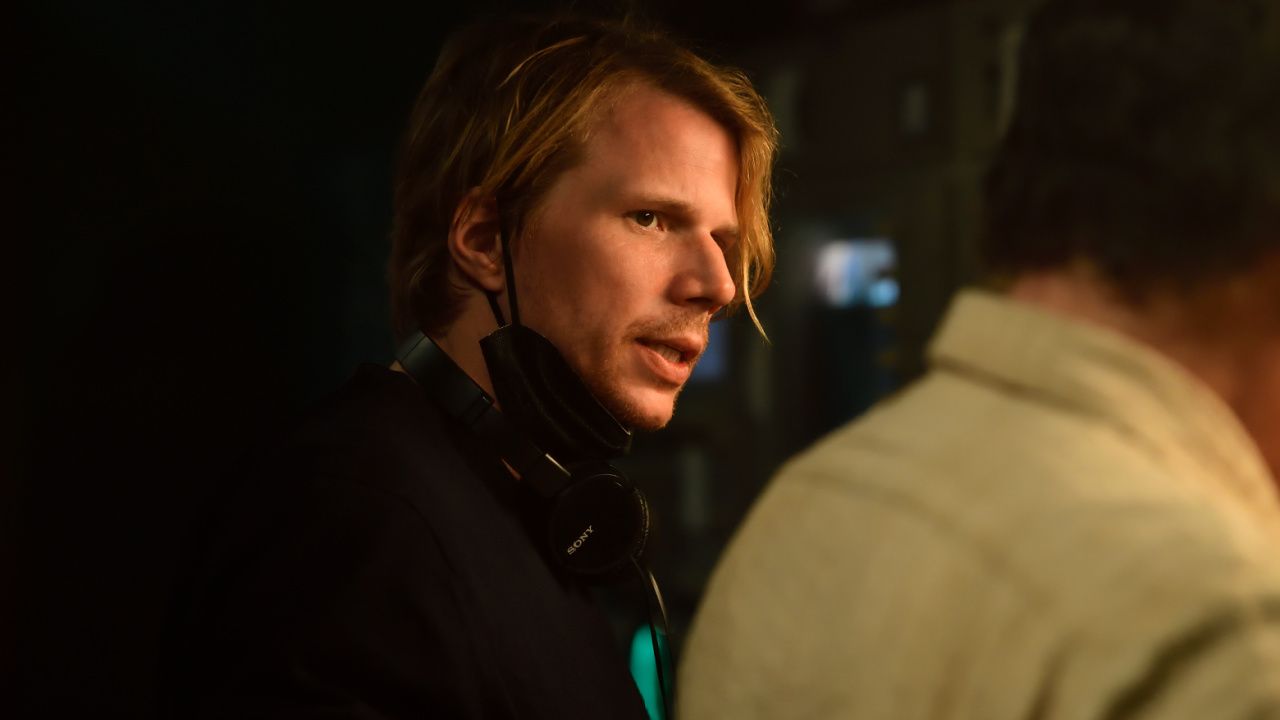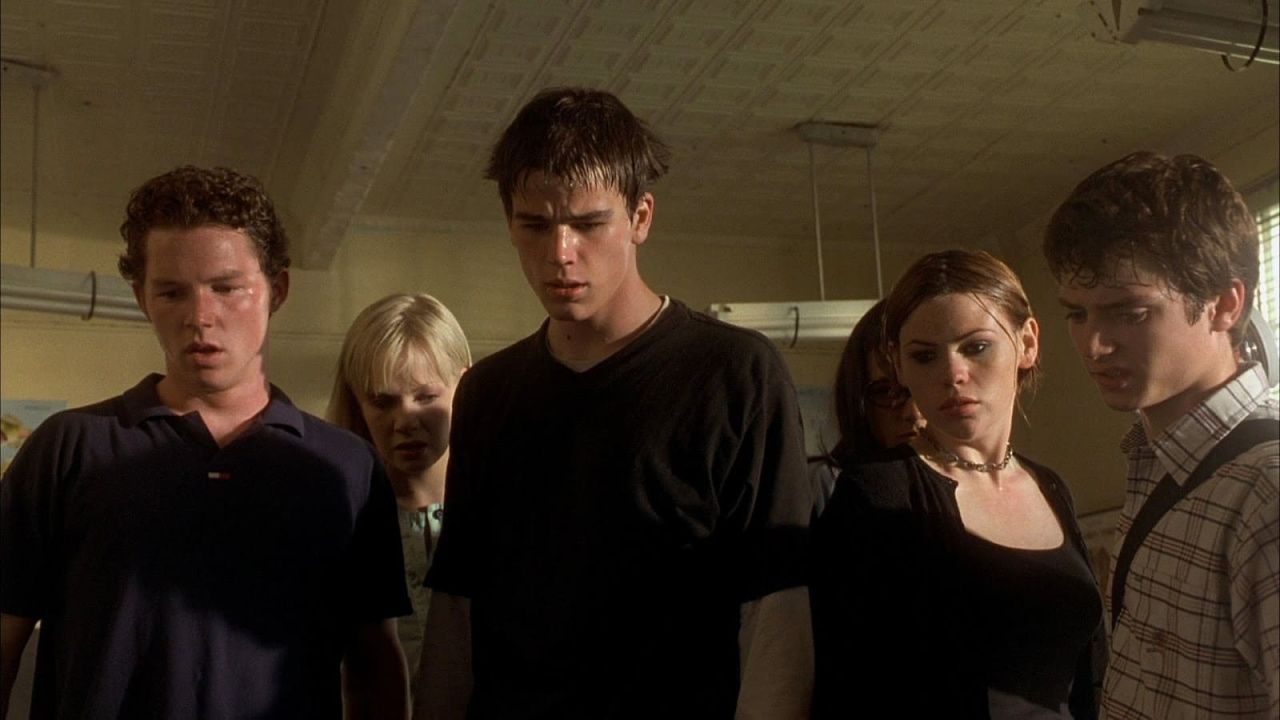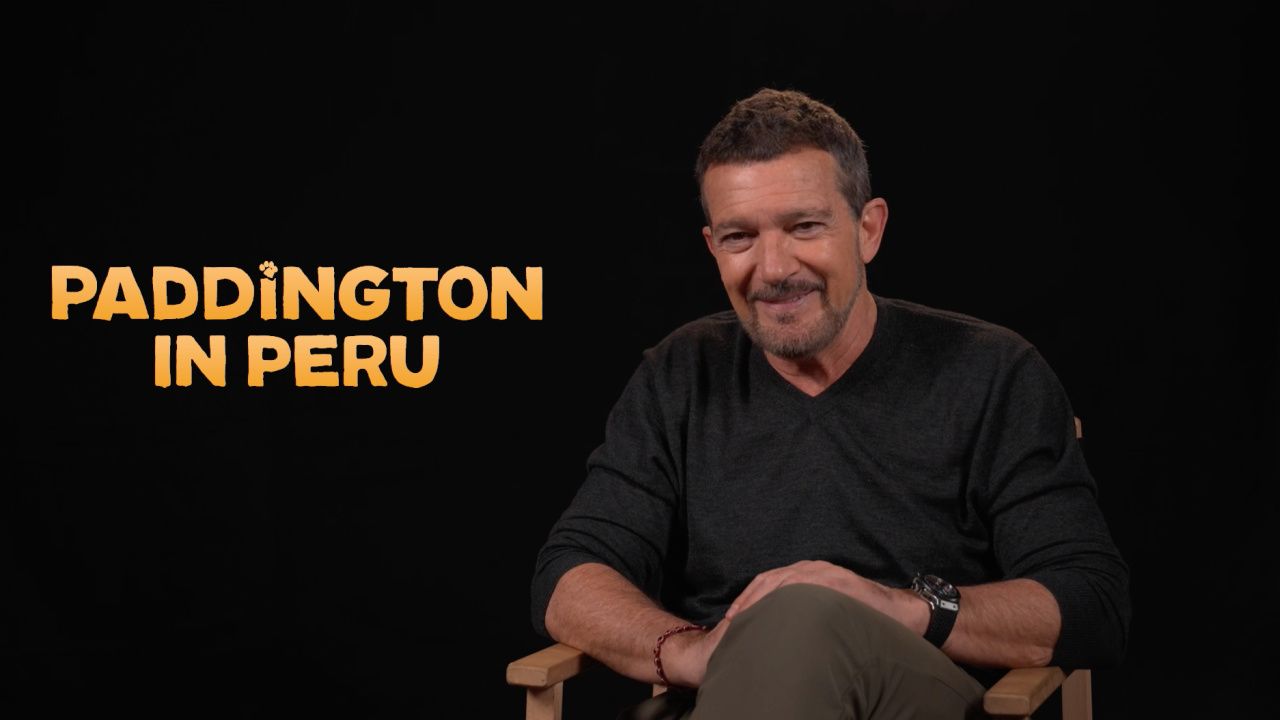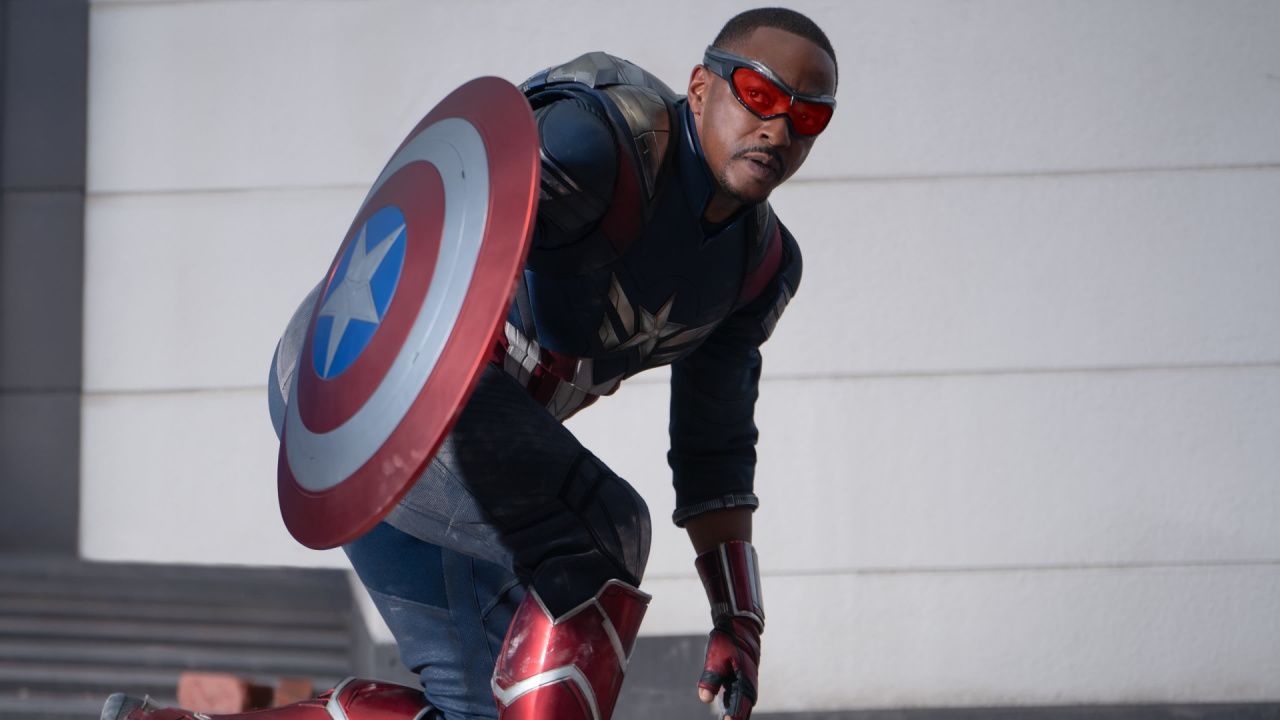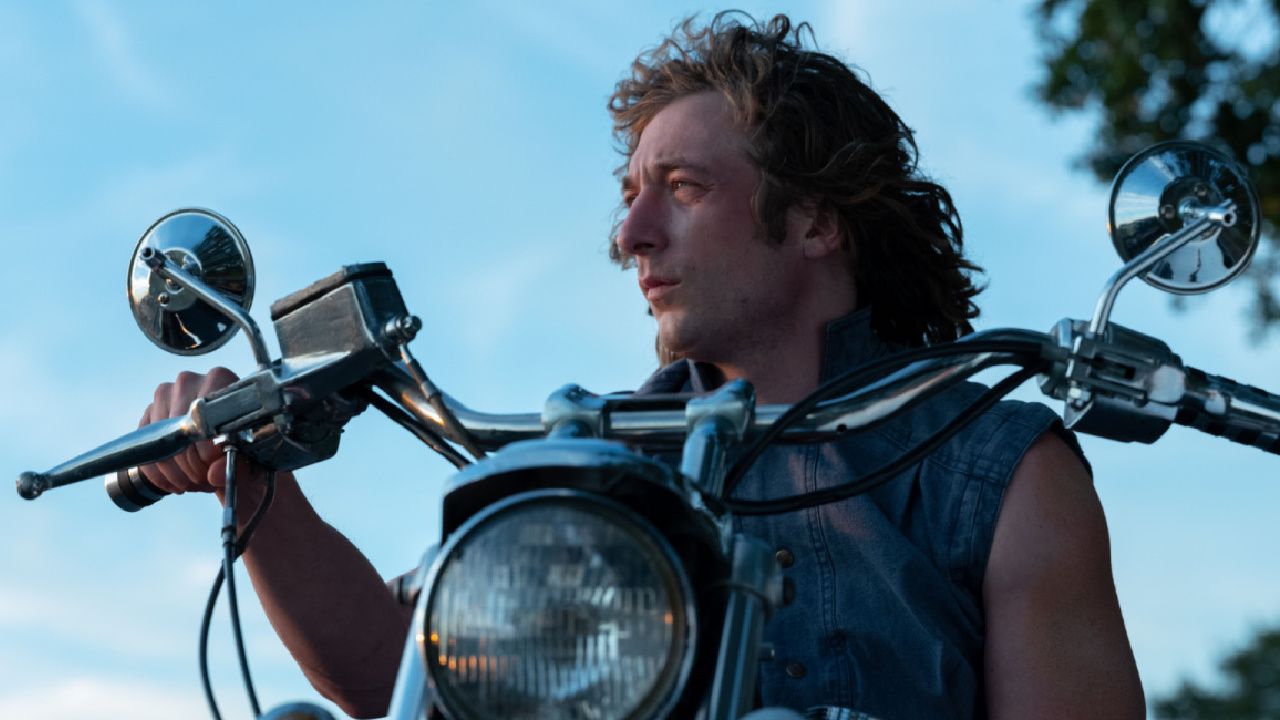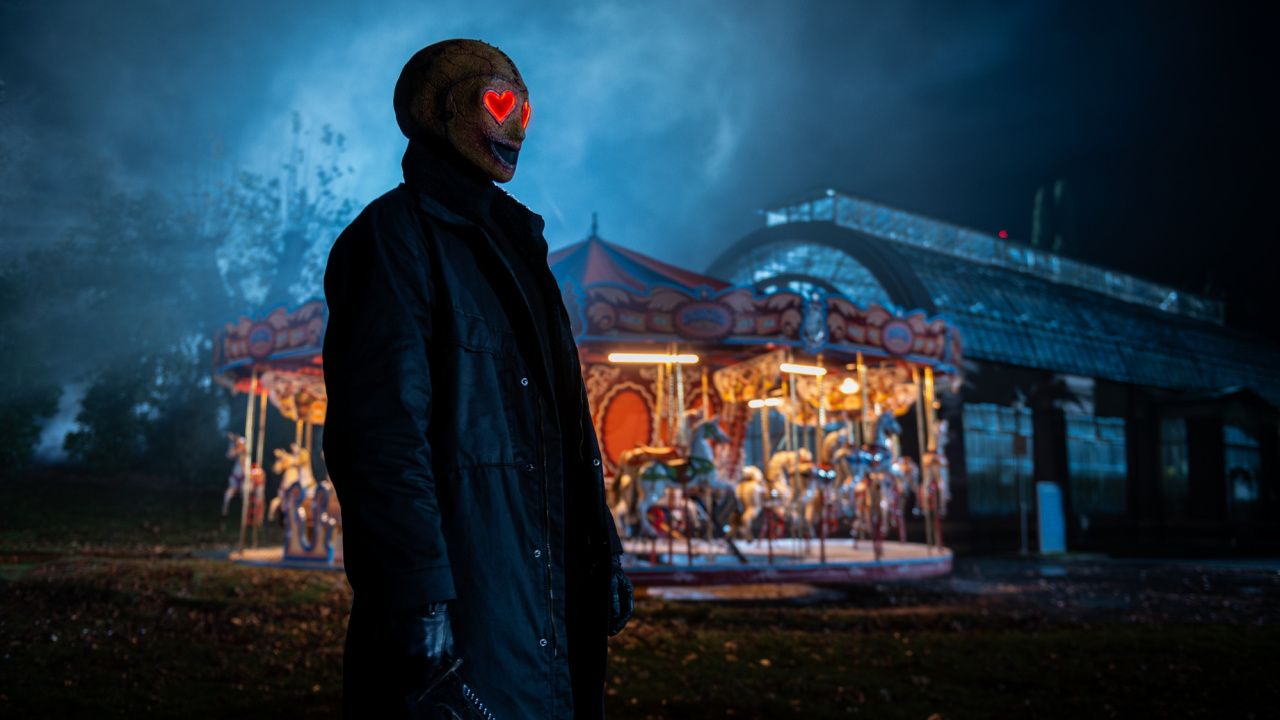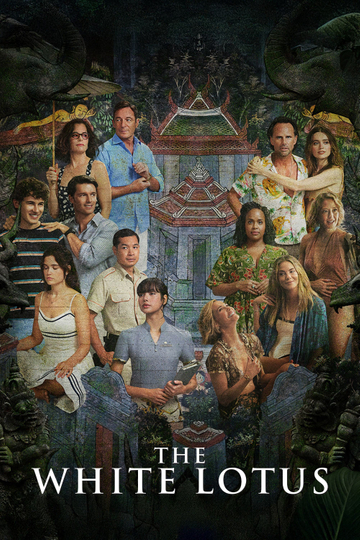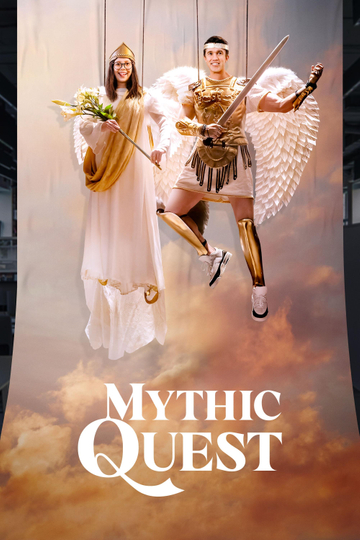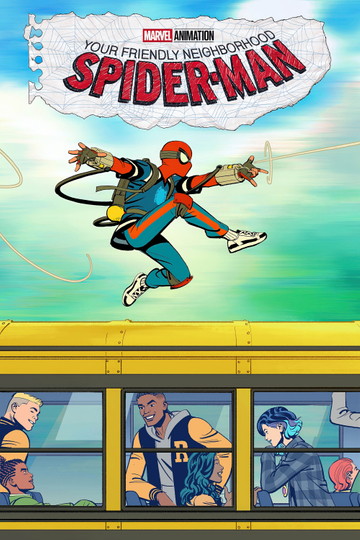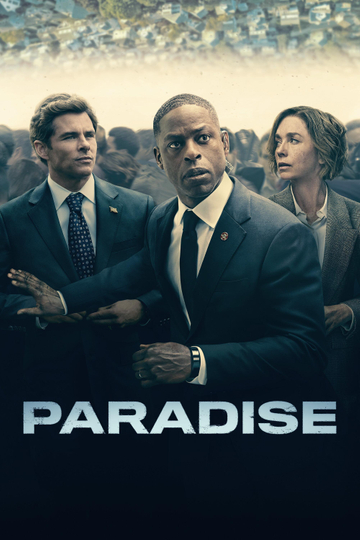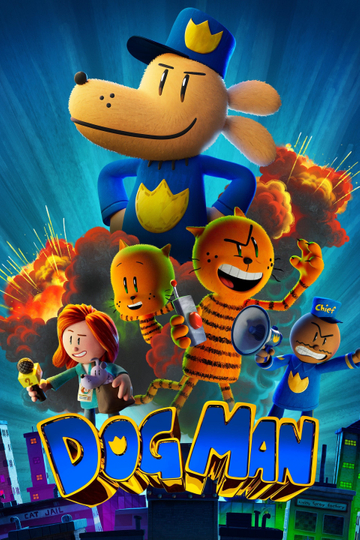Denis Villeneuve continues his sci-fi epic with ‘Dune: Part Two’
In ‘Dune: Part Two,’ Denis Villeneuve takes his ambitious adaptation of the classic sci-fi novel to sweeping new heights, creating a spectacle for the ages.
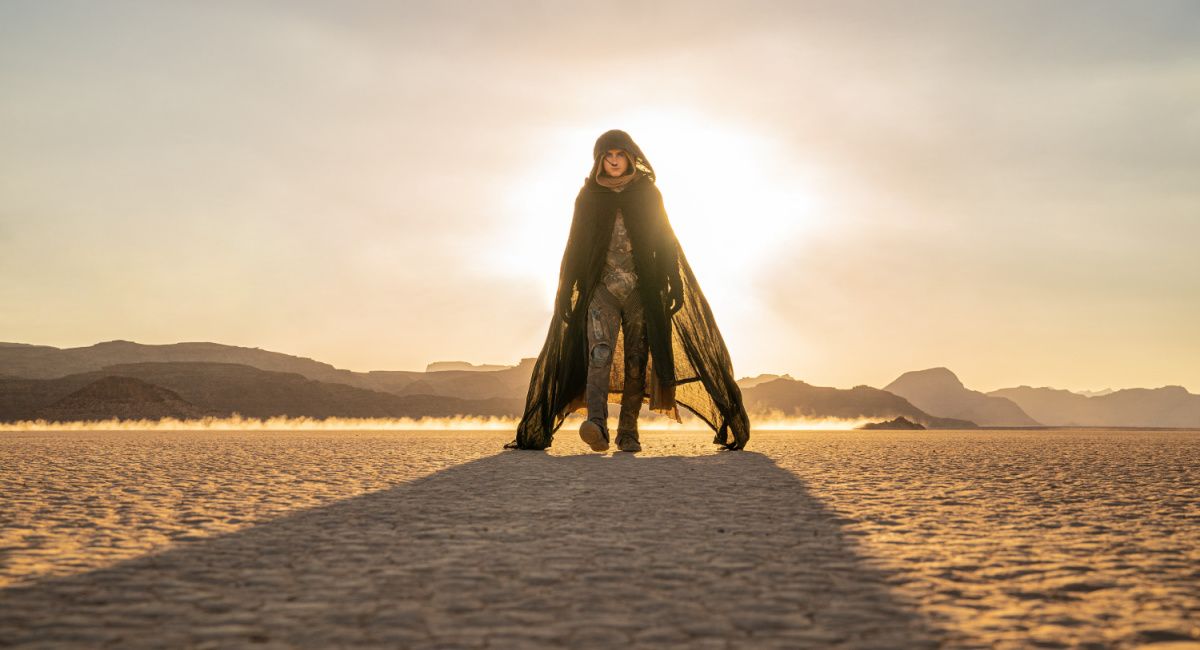
Timothee Chalamet as Paul Atreides in Warner Bros. Pictures and Legendary Pictures’ action adventure 'Dune: Part Two,' a Warner Bros. Pictures release. Photo Credit: Niko Tavernise. Copyright: © 2024 Warner Bros. Entertainment Inc. All Rights Reserved.
In theaters March 1st is ‘Dune: Part Two,’ starring Timothée Chalamet, Zendaya, Josh Brolin, Rebecca Ferguson, Austin Butler, Florence Pugh, Dave Bautista, Stellan Skarsgård, Léa Seydoux, Javier Bardem, and Christopher Walken.
Related Article: Denis Villeneuve says a Third ‘Dune’ Movie Should be His “Last”
Initial Thoughts
Just when you thought that director Denis Villeneuve couldn’t make a bigger science fiction epic than 2021’s ‘Dune’ (aka ‘Dune: Part One’), he completes his adaptation of Frank Herbert’s classic novel in spectacular, often mind-blowing fashion. Everything about ‘Dune: Part Two’ expands the scope of the story, which can be confusing from time to time but still manages to be both rousing and unsettling.
Story and Direction
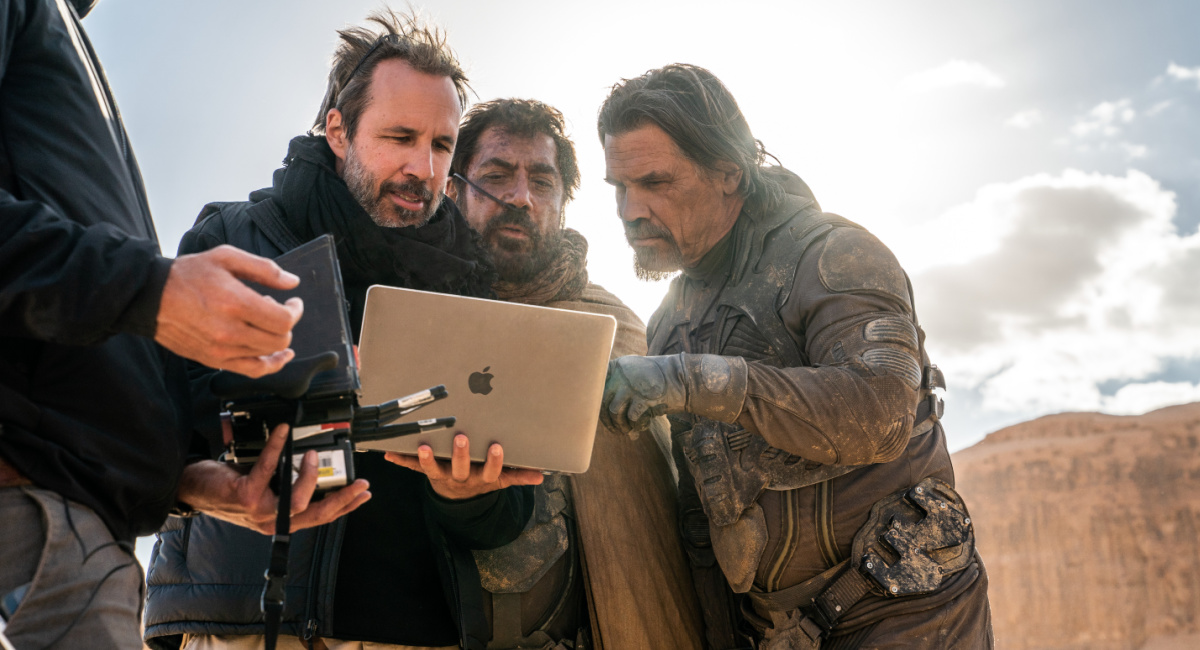
(L to R) Director/Writer/Producer Denis Villeneuve, Javier Bardem and Josh Brolin on the set of Warner Bros. Pictures and Legendary Pictures’ action adventure 'Dune: Part Two,' a Warner Bros. Pictures release. Photo Credit: Niko Tavernise. Copyright: © 2024 Warner Bros. Entertainment Inc. All Rights Reserved.
At the end of ‘Dune: Part One,’ the House Atreides – stewards of the planet Arrakis and its valuable, consciousness-altering ‘spice’ – was destroyed and Duke Leto Atreides (Oscar Isaac) murdered by the grotesque Baron Harkonnen (Stellan Skarsgård) and his evil minions. Only Leto’s son Paul (Timothée Chalamet) and Paul’s mother Jessica (Rebecca Ferguson) have seemingly survived, fleeing into the desert where they fall into the hands of the planet’s Indigenous people, the Fremen.
‘Dune: Part Two’ picks up these story strands immediately, and as a result it might take you a bit of the first act to get up to speed (a quick rewatch of the first movie might help as well). As Paul and his mother learn the ways of the Fremen, and Paul grows close to a Fremen warrior named Chani (Zendaya), the Fremen leader Stilgar (Javier Bardem) grows more and more convinced that Paul is the messiah of the Fremen people foretold by an ancient prophecy.
What Stilgar doesn’t know -- or denies -- is that the prophecy was seeded on Arrakis by the Bene Gesserit, an all-female religious order that has practiced selective breeding for eons to produce the messiah, known to the Bene Gesserit as the Kwisatz Haderach. Beset by increasingly dire visions thanks to his consumption of spice, Paul does not want to embrace the role seemingly given to him: not only does he know that his mother, a member of the Bene Gesserit, was involved in the order’s machinations, but he sees a future in which his leadership leads to billions of deaths across the universe.
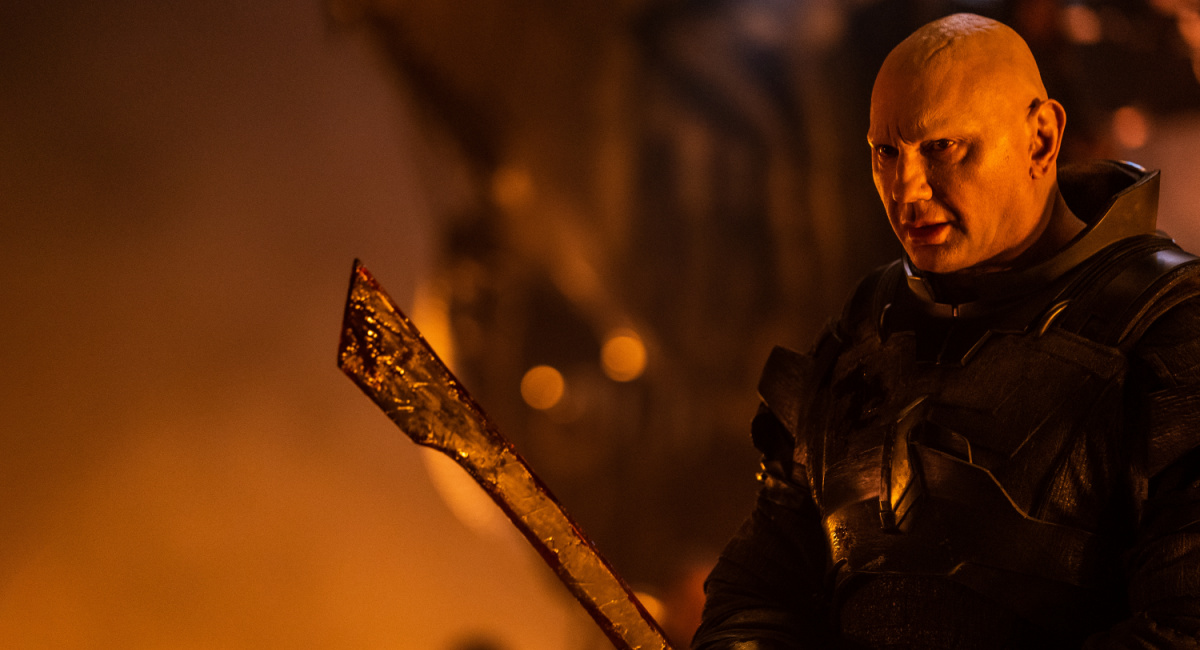
Dave Bautista as “Beast” Rabban Harkonnen in Warner Bros. Pictures and Legendary Pictures’ action adventure 'Dune: Part Two,' a Warner Bros. Pictures release. Photo Credit: Niko Tavernise. Copyright: © 2024 Warner Bros. Entertainment Inc. All Rights Reserved.
At the same time, as the Fremen under Paul’s leadership strike the Harkonnens’ operations and bring spice production to a standstill, the Emperor of the Universe (Christopher Walken) puts pressure on Baron Harkonnen to find the Fremen leader and destroy him. Frustrated with his nephew Rabban’s (Dave Bautista) failed attempts, Harkonnen enlists his other nephew, Feyd-Rautha (Austin Butler), a psychotic human malignancy who intends to destroy Paul and the Fremen with him, with higher ambitions on his diseased mind as well.
The summary above doesn’t even quite scratch the surface of the complexity of the story in ‘Dune: Part Two,’ and if this massively immersive and entertaining film does have a flaw, it’s probably that the movie occasionally suffers from some pacing and editing issues that can make the plot confusing from time to time. But this is a relatively minor issue: ‘Dune: Part Two’ and its mix of far future sci-fi, mysticism, political intrigue, and ecological themes is gripping from the start.
Like the novel itself (a dense, multilayered read), the screen version of ‘Dune’ doesn’t operate on simple levels of good and evil. Chalamet’s Paul Atreides is truly conflicted about the future he sees for himself and the universe, and only a series of shocking revelations toward the end of the film push him to finally accept his destiny – but when he does, there are unsettling hints that the Fremen and the Bene Gesserit should have been careful what they wished for all these centuries.
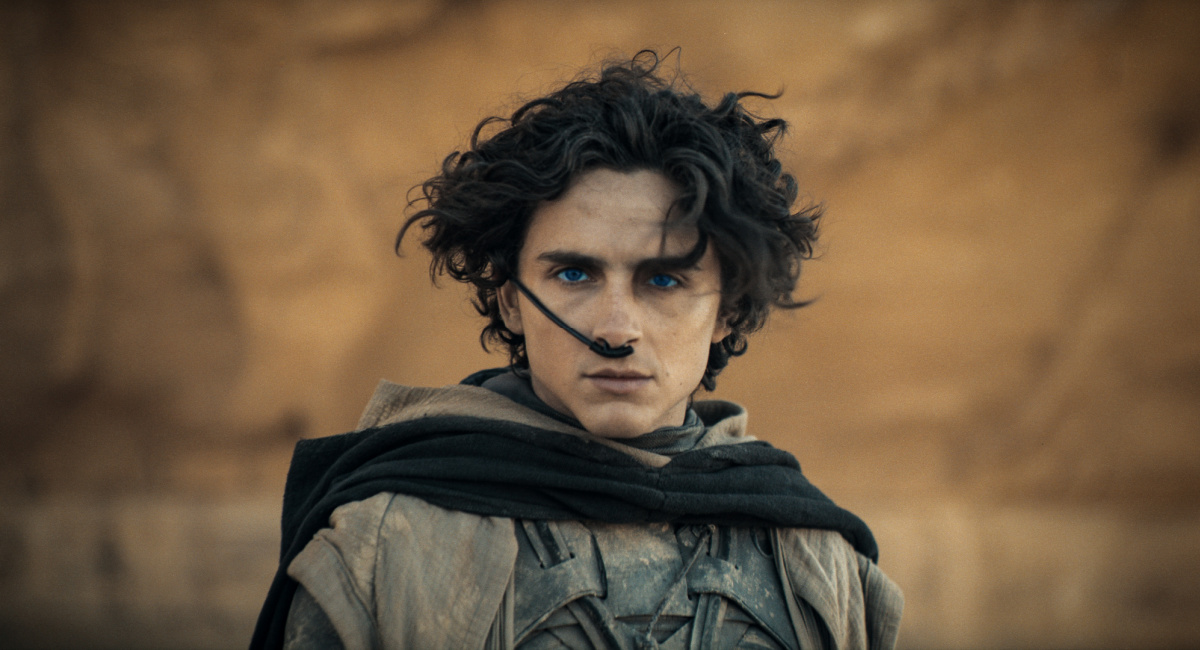
Timothee Chalamet as Paul Atreides in Warner Bros. Pictures and Legendary Pictures’ action adventure 'Dune: Part Two,' a Warner Bros. Pictures release. Photo Credit: Courtesy Warner Bros. Pictures. Copyright: © 2023 Warner Bros. Entertainment Inc. All Rights Reserved.
In the end, even though it’s set more than 8,000 years in the future (when humankind now lives among the stars), ‘Dune’ can depressingly remind us that even millennia from now, the human race could still be subject to the same weaknesses and actions that seemingly doom us now: insatiable greed, lust for power, hedonistic impulses that border on the depraved, and our apparently indefatigable urge to subjugate not just other humans but the very world we share and live on (some sequences chillingly echo events happening in the world today).
But don’t get us wrong: this is a sober, grandiose film, but not a somber meditation on the evils of men. ‘Dune: Part Two’ is at its heart a space opera, and a magnificent one. The viewer is completely drawn into the world of Arrakis and the other planets from the first frame. There has perhaps never been a science fiction film that so completely transports the viewer across time and space like this one (and its predecessor) does.
Villeneuve’s direction is assured throughout – even if certain plots strands aren’t quite as fleshed out as they should be – aided by Greig Fraser’s cinematography, the sound and production design, and Hans Zimmer’s powerful score. The battles are staged on a massive scale, and if you enjoyed your glimpse of the sandworms in the first movie, you’ll get your money’s worth here. This is a film that demands to be seen on the big screen, even in its most surreal, intimate moments.
A Cast To Be Reckoned With
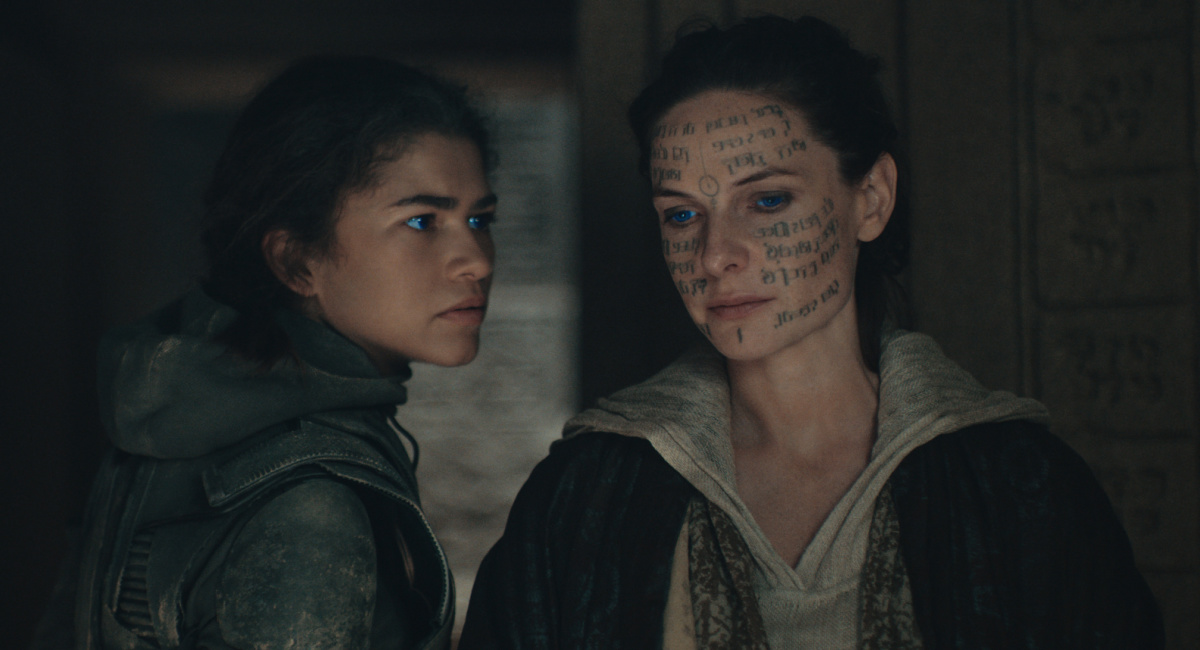
(L to R) Zendaya as Chani and Rebecca Ferguson as Lady Jessica in Warner Bros. Pictures and Legendary Pictures’ action adventure 'Dune: Part Two,' a Warner Bros. Pictures release. Photo Credit: Courtesy of Warner Bros. Pictures. Copyright: © 2024 Warner Bros. Entertainment Inc. All Rights Reserved.
Much of the cast of ‘Dune: Part One’ returns for the sequel, with the notable exceptions of Oscar Isaac and Jason Momoa, both of whose characters died in the first film. As Paul, Timothée Chalamet truly comes into his own just as the character does; the scenes in which Paul accepts that he is the ’Lisan al-Gaib’ (the Fremen terms for ‘offworld messiah’) are absolutely electric. Chalamet sells both Paul’s physical prowess and expanding mental abilities with gravitas and strength.
Just as electrifying is Rebecca Ferguson, who excels in film after film (see her in ‘Doctor Sleep’ sometime) and yet doesn’t seem to get the recognition she constantly deserves. Her Lady Jessica also undergoes a transformation of her own here, although on a different level than that of her son, and Ferguson portrays this powerful woman with nuance and subtlety.
Javier Bardem’s Stilgar is considerably fleshed out in this film, both as a passionate follower in the grip of religious fervor and as a surprisingly and welcome harbinger of some sly comic relief. Zendaya’s Chani also gets more to do this time, with the character both softening as she slowly falls for Paul and yet hardening at the same time as she realizes what his ascent could portend for Arrakis.
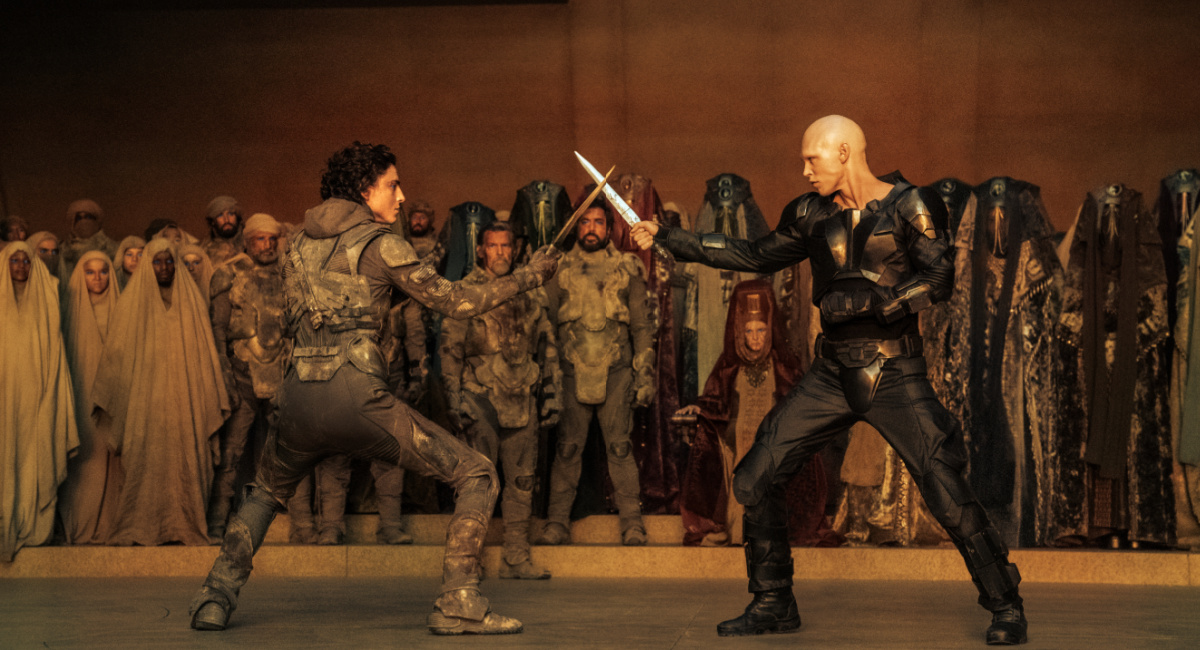
(L to R) Timothee Chalamet as Paul Atreides and Austin Butler as Feyd-Rautha Harkonnen in Warner Bros. Pictures and Legendary Pictures’ action adventure 'Dune: Part Two,' a Warner Bros. Pictures release. Photo Credit: Niko Tavernise. Copyright: © 2024 Warner Bros. Entertainment Inc. All Rights Reserved.
The new addition to the cast who will undoubtedly get quite a lot of ink is Austin Butler, fresh off his Oscar win for ‘Elvis’ and going in a completely different direction here, with his pale, corpse-like pallor, completely hairless head, and black, soulless eyes. Feyd-Rautha is so vicious that his brother Rabban and his uncle Baron Harkonnen – not to mention Emperor Shaddam IV (played as an exhausted yet still merciless tyrant by Christopher Walken) – are rightly afraid of him, and Butler projects a reptilian cold-bloodedness that is unnerving.
All the other returning and new players in the star-studded ensemble – Stellan Skarsgård, Dave Bautista, Florence Pugh, Léa Seydoux, Josh Brolin, and more – have smaller roles but all bring their A-game. Long gone are the days when science fiction movies didn’t demand top-notch acting all around.
Final Thoughts
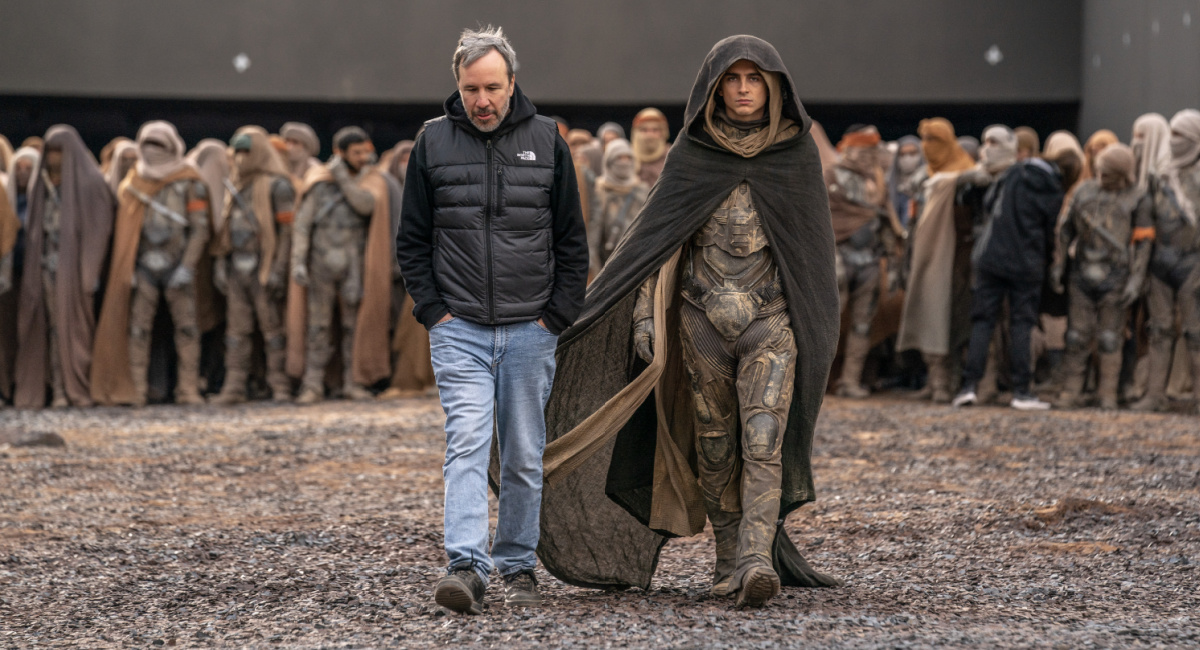
(L to R) Director/Writer/Producer Denis Villeneuve and Timothee Chalamet on the set of Warner Bros. Pictures and Legendary Pictures’ action adventure 'Dune: Part Two,' a Warner Bros. Pictures release. Photo Credit: Niko Tavernise. Copyright: © 2024 Warner Bros. Entertainment Inc. All Rights Reserved.
As directors like Denis Villeneuve, Christopher Nolan, Alex Garland, and others push both original sci-fi projects and adaptations of landmark genre works to the screen, we may be living in a mini-Golden Age for science fiction cinema. And with ‘Arrival,’ ‘Blade Runner 2049,’ and now both parts of ‘Dune’ taking up much of his last decade of work, Villeneuve is unquestionably leading the charge with more to come (‘Dune: Part Two’ ends on a note that all but confirms that he will complete the tale with ‘Dune Messiah’).
With ‘Dune’ especially, not only does he respect the source material and is largely faithful to it, but he understands why the story itself has hung around for decades: it has a mythological potency and universal themes even as it expands our view of what the far future could look like. The entire ‘Dune’ project is serious filmmaking that embraces the scale and depth of a genre that wasn’t taken very seriously by Hollywood for years. ‘Dune: Part Two’ will challenge you intellectually and emotionally -- even as its colossal and often genuinely weird imagery blows your mind clear out of your skull.
‘Dune: Part Two’ receives 8.5 out of 10 stars.
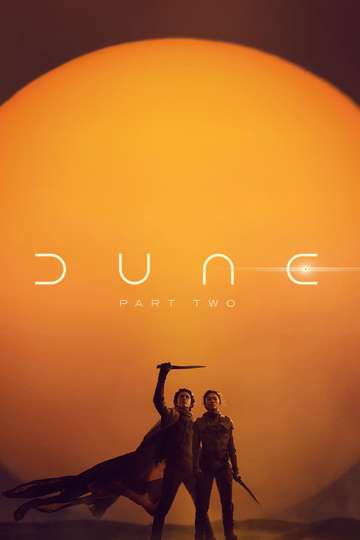
What is the plot of ‘Dune: Part Two’?
With the planet Arrakis and its valuable spice now firmly in the grip of Baron Harkonnen (Stellan Skarsgård) and his depraved minions, Paul Atreides (Timothée Chalamet) and his mother (Rebecca Ferguson) seek revenge against the Harkonnens for the destruction of the Atreides family. Striking from the hidden depths of the desert alongside the planet’s native people, the Fremen, Paul also begins to realize that he may be the powerful leader foretold in ancient prophecies.
Who is in the cast of ‘Dune: Part Two’?
- Timothée Chalamet as Paul Atreides
- Zendaya as Chani
- Rebecca Ferguson as Lady Jessica
- Josh Brolin as Gurney Halleck
- Austin Butler as Feyd-Rautha Harkonnen
- Florence Pugh as Princess Irulan
- Dave Bautista as Glossu Rabban Harkonnen
- Stellan Skarsgård as Baron Vladimir Harkonnen
- Léa Seydoux as Lady Margot Fenring
- Javier Bardem as Stilgar
- Christopher Walken as Emperor Shaddam IV
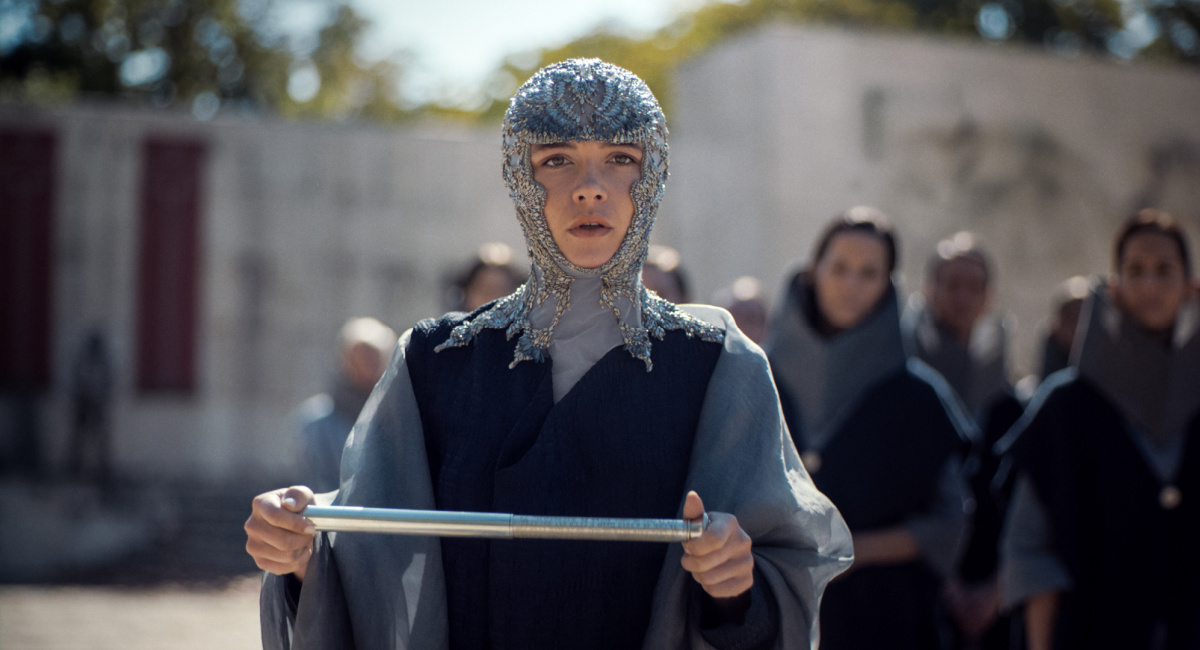
Florence Pugh as Princess Irulan in Warner Bros. Pictures and Legendary Pictures’ action adventure 'Dune: Part Two,' a Warner Bros. Pictures release. Photo Credit: Courtesy Warner Bros. Pictures. Copyright: © 2023 Warner Bros. Entertainment Inc. All Rights Reserved.
Other Movies Similar to 'Dune: Part Two:'
- ‘Star Wars' (1977)
- 'Star Trek: The Motion Picture' (1979)
- 'Conan the Barbarian' (1982)
- 'Dune' (1984)
- 'John Carter' (2012)
- 'Jodorowsky's Dune' (2013)
- 'The Legend of Tarzan' (2016)
- 'Dune' (2021)
Buy 'Dune' On Amazon











